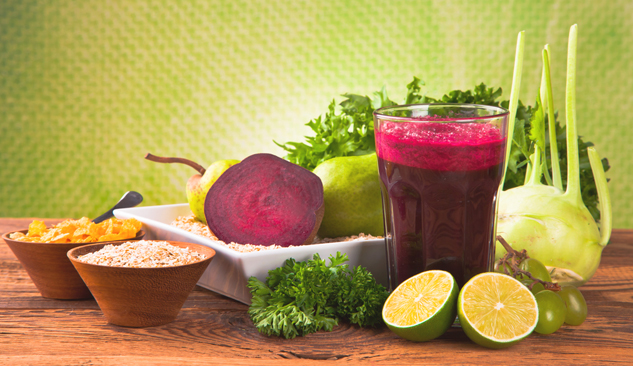What are Empty Calories?

Seems like a bit of a contradiction, doesn’t it? Calories are supposed to give us energy, so how can they be empty? Well, an empty calorie does actually supply energy, but it’s not nutritionally balanced. If you’re trying to maintain or lose weight, it’s better to keep foods that contain empty calories to a minimum.
While all foods contain nutrients and calories, it’s important to choose foods with more nutrients, rather than those with more calories. Nutrient-dense foods are beneficial for maintaining good health as they provide more of the things our bodies need, rather than just energy.
A high intake of empty calorie foods may cause weight gain, especially if your calorie intake exceeds your activity levels. In contrast, consumption of nutrient-dense foods helps to maintain a healthy weight, in addition to supplying nutrients that protect against disease.
Empty Foods
Most empty calorie foods are highly processed and contain added fat and sugar. As you might imagine, examples include all those products that are hard to avoid such as cakes, biscuits, pies, pastries, shop-bought desserts, sweetened fruit drinks and ice cream.
Empty-calorie foods also make up most of the long shelf life foods and drinks sold in vending machines. Alcoholic drinks such as beers, wines and spirits also contain high numbers of empty calories.
Although these foods may be considered convenient, readily available and perhaps cheaper than their nutrient-dense counterparts, having too many of them isn’t the best thing for your health. The main issue is that if you’re consuming too much energy, but not using it up through day to day activities or exercise, the extra calories are stored in the body as fat and over time, result in weight gain.
Nutrient-Dense Foods
Eating a healthy, balanced diet of nutrient-dense foods provides many of the nutrients required to maintain health. Foods such as fruits, vegetables and plant-based proteins are not only healthy, but taste great too! Although they might provide fewer calories, they more than make up for it by being excellent sources of nutrients, vitamins and minerals such as B-vitamins, vitamins A, C, D and E, protein, calcium, iron, potassium, zinc and fibre.
Nutrient-dense foods will keep you fuller for longer than empty calorie foods and they’re much better for you in the long run.
Considerations
It’s okay to enjoy empty calorie foods every now and then, but excessive intake can increase your weight and lead to other health problems. This is especially important if you have little ones. According to the National Institutes of Health, a 2010 study revealed that almost 40 percent of the calories consumed by two to 18-year-olds are empty.
Most doctors recommend that children obtain only eight to 20 percent of their calories from empty calorie sources. Adults and children can improve overall health and decrease empty calorie intake by limiting portion sizes and eating high-nutrient foods throughout the day. Keep in mind that beverages can be a source of empty calories, too. Avoid beverages with added sugars and choose water most of the time.
Making the Right Choice
All good dietary guidelines encourage eating a diet of nutrient-dense foods while avoiding foods that contain sugar, refined carbohydrates, fats and salt. A plate of colourful vegetables and proteins instead of plate full of processed equivalents is the simplest way to ensure you are not eating empty calories.
Looking for healthy snacks?
If you’re after something healthy, low fat and natural which counts towards your 5 a day, then buy a TREK bar today! Checkout some of our range below:
- TREK Protein flapjacks are a great way to feel fuller for longer. With 9-10 grams of protein each bar gives you bags of slow release energy. They’re made with natural ingredients and they’re vegan friendly and gluten free.
- Nuts for protein? Then TREK Protein Nut Bars are perfect for you. They’re packed with roasted nuts, plant protein and they’re gluten free and vegan friendly. As if that wasn’t enough, they come in delicious flavours like Dark Chocolate and Sea Salt and Chocolate and Orange.
- Need something to keep you going? Try TREK Protein Energy Bars. Each one has 10g of plant-based protein and other tasty natural ingredients like gluten free oats, fruits and cocoa.





